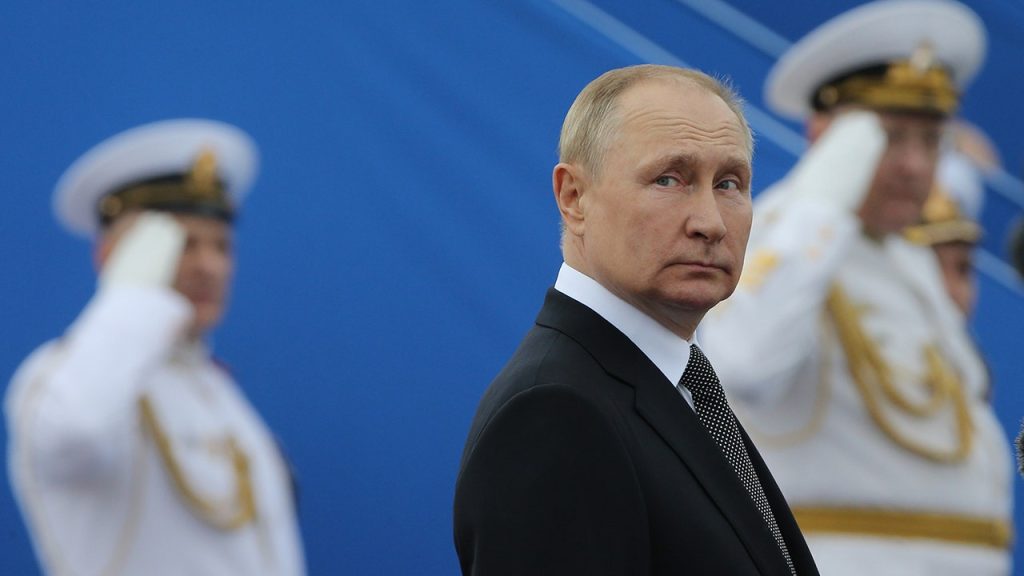Russia claimed to have shot down 10 U.S.-supplied missiles targeting Crimea, with the incident occurring while U.S. Secretary of State Antony Blinken was in Ukraine. The Russian Defense Ministry reported that air defenses intercepted the ATACMS missiles, which were destroyed over the Black Sea. Despite missile fragments falling into residential areas near the Belbek air base, there were no casualties. This comes amidst a series of drone and missile attacks launched by Ukraine against Russia, including strikes on oil refineries and fuel depots in an effort to defend against its larger neighbor.
Blinken’s unannounced diplomatic trip to Ukraine aimed to provide reassurance and support to the country in its war with Russia. During his visit, Blinken met with Ukrainian President Volodymyr Zelenskyy, Prime Minister Denys Shmyhal, and Foreign Minister Dmytro Kuleba. Discussions focused on recent battlefield updates, the importance of U.S. security assistance in repelling Russian attacks, and long-term security and economic arrangements. The State Department reaffirmed the U.S.’s commitment to Ukraine’s sovereignty, independence, territorial integrity, and recovery, amidst ongoing Russian aggression.
The conflict intensifies as Russian troops continue a significant offensive in northeast Ukraine, marking the most significant border incursion since the invasion began. Despite international pressure to end the invasion, Russian President Vladimir Putin persists in his invasion of Ukraine, which commenced in February 2022. The situation remains volatile and dangerous, with both sides engaging in military actions and facing the risk of further escalation. The consequences of the ongoing conflict are far-reaching, impacting the region and beyond.
The missile incident further underscores the tensions between Russia and the U.S., with conflicting interests and military engagements in the region. As the U.S. extends its support to Ukraine and condemns Russian aggression, Russia asserts its defense of Crimea and responds to perceived threats. The geopolitical stakes are high, with significant implications for regional stability and global security. Efforts to de-escalate the conflict and find a diplomatic resolution face challenges amidst continued military actions and provocations.
The situation in Ukraine remains a focal point of international attention, with Blinken’s visit highlighting U.S. commitment to supporting Ukraine in its efforts to withstand Russian aggression. The conflict represents a test of alliances, principles, and diplomatic resolve, with implications for the broader geopolitical landscape. As the war in Ukraine continues to escalate, the need for diplomatic solutions, humanitarian aid, and conflict resolution mechanisms becomes ever more urgent. The international community must work together to address the complex dynamics at play and seek ways to bring about peace and stability in the region.
Overall, the developments in Ukraine underscore the complex and volatile nature of contemporary geopolitics, with conflicts fueled by competing interests, historical grievances, and power struggles. The need for diplomatic engagement, dialogue, and cooperation is paramount to prevent further escalation and mitigate the human cost of conflict. As the situation in Ukraine continues to unfold, the world watches closely, hoping for a peaceful resolution and an end to the suffering endured by the people caught in the crossfire of geopolitical agendas.


